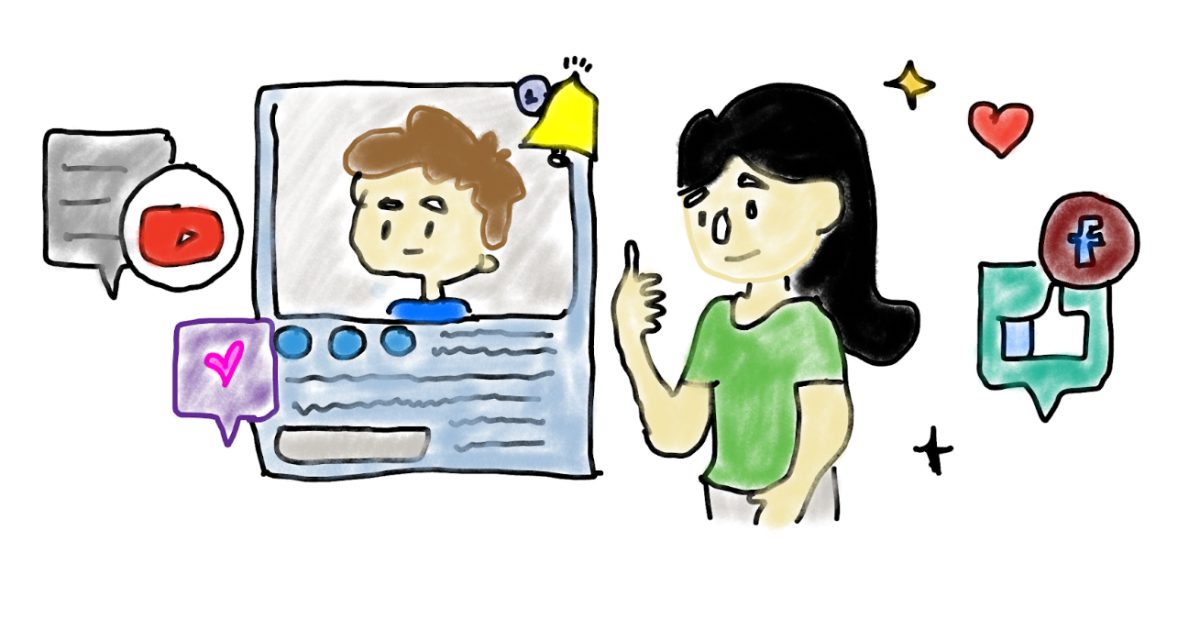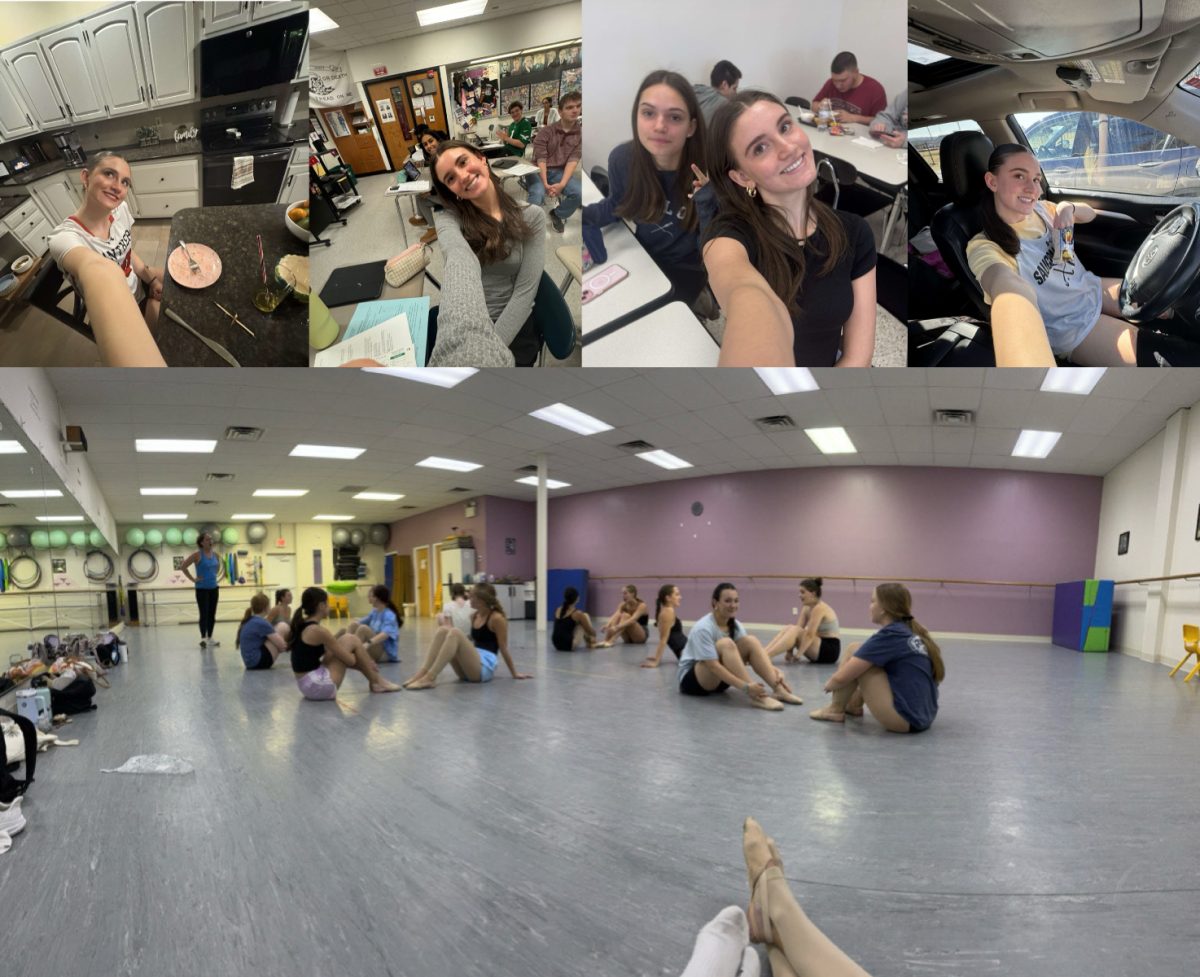Social media has become an integral part of student’s daily lives, influencing not only how they communicate but also how they learn and manage their time. With constant notifications and the pressure to stay connected, students often find their academic performance and personal well-being affected. This article explores the multifaceted impact of social media on students’ learning and overall lives.
“Social media is a huge part of my life, but sometimes I feel like it’s taking over,” said sophomore Jill Emrick.
While social media offers numerous benefits, it’s crucial to explore how it influences students’ sleep patterns and productivity levels, which ultimately impacts their learning and daily lives. Amidst the rapid rise of social media, students today find themselves navigating a complex landscape where online interactions both enhance and hinder their educational experiences.
“Social media keeps me in touch with friends and finding homework help, but it can also be distracting and make it hard to concentrate on my studies,” said junior Evan Roman.
Given these mixed experiences, it’s important to dive deeper into how social media affects students’ sleep patterns and productivity, influencing their ability to succeed academically. In today’s digital age, social media has become a central part of students’ lives, shaping not just their social interactions but also their academic performances and journeys.
“As a student, I love using social media to stay updated and connect with friends, but sometimes it feels like it takes over my life and gets in the way of my schoolwork and activities,” said junior Addison Stupak.
With these thoughts in mind, it’s crucial to explore how social media usage can impact students’ focus and overall academic performance. Additionally, Social media has become an integral part of students’ daily routines, often blurring the lines between leisure and learning.
“Sometimes I find myself scrolling through my feed late at night and before I know it, I’ve lost hours of sleep. It’s hard to balance staying connected and staying focused on my studies,” said junior Laiba Chaudhry.
Given these challenges, it’s essential to examine how social media habits are affecting student’s sleep schedules and their ability to concentrate on academic tasks.
In conclusion, while social media offers significant benefits for staying connected and informed, it also presents notable challenges for students. The constant engagement can lead to disrupted sleep patterns and diminished productivity, ultimately impacting academic performance. Students often find themselves caught in a cycle of late-night scrolling and distraction, which can interfere with their ability to focus and retain information. Therefore, students need to develop healthy social media habits and set boundaries to ensure that their online activities do not overshadow their academic responsibilities. By finding a balance, students can harness the positive aspects of social media while minimizing its potential drawbacks on their learning and overall well-being.








